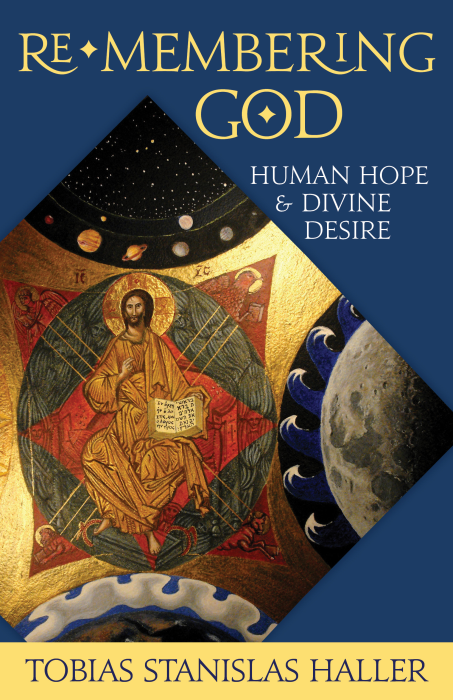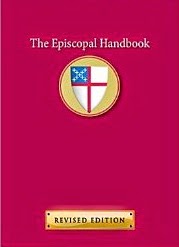Something could be finer
I suppose it should not come as a surprise that a court in South Carolina should find that The Episcopal Church is a loose confederation of independent dioceses that are free to associate or disassociate at will. This finding is, I hope most Episcopalians recognize, in error. The case for diocesan autonomy is based largely on stray quotations taken out of context, both documentary and historical. For instance, much is made of William White's early reflections in The Case of the Episcopal Churches, written in a time before the church came to be as such, and standing in stark contrast to what actually happened once things came to a head and proceeded, as amply documented in White's later Memoirs.
Assertions of "sovereignty" or "independence" are revealed to be specious in the face of the fact that -- apart from that very early period in which bishops were obtained more or less on suffrance -- from the time of the first actual Constitution a "state" or a diocese could not obtain a bishop without the approval of the rest of the church's episcopal and clerical and lay leadership (originally by the General Convention itself, later by other processes). Can one imagine a circumstance in which a "sovereign" State of the the US would have to gain the approval of Congress, or of the governors in office and the legislatures of a majority of the states in order to place their own elected governor into office?
No, The Episcopal Church is more hierarchical than the Federal Government, to which it bears only a passing resemblance. It is not a confederation, but unitary -- ultimately the General Convention is the final authority, and the Oath of Conformity "binds" all clergy to the doctrine, discipline and worship of the Church as determined by the General Convention; and diocesan conventions are not permitted to alter the General Constitution on their own, nor are they given a direct voice in its composition or amendment, save through their deputies to the General Convention -- as the Constitution states at present, and as was proposed in 1785, ratified in 1789. Amendments are sent to the dioceses and their conventions for information, not approval, and ratified (or not) at the next session of the General Convention, by that General Convention. There is no higher court of appeal.
Some make much of the fact that the Constitution of TEC does not expressly forbid a diocese becoming independent. Actually, it does provide for this for foreign dioceses -- several of which, such as those in Mexico and Brazil, have become independent as churches in their own right. The absence of a "supremacy clause" from the Constitution of the Episcopal Church was not an oversight, but a decision that such a clause was not necessary in a church whose members were bound in a "union" (the nuptial imagery is relevant!) and that had a "General" Convention. The word "General," in common use at the time, indicated control over the whole, as opposed to "local" or "sectional." The OED helpfully notes its use for deliberative bodies, and provides an apposite citation from George Washington: "The States individually are omitting no occasion to intermeddle in matters which belong to the general government." There are also cites from Jay and Jefferson that indicate their understanding of "general" in this way as concerning the whole. So the clause, "There shall be a General Convention of this Church..." is sufficient in and of itself to establish the supremacy of that body in all matters affecting the whole church. Finally, it should be noted that the US Constitution also lacks an express clause denying the right of states to secede. South Carolina disagreed on that, too.
I commend the fulsome Memoirs of William White, who offers many helpful insights into the early years of the church, and what the founders thought they were doing when they created a body not of the Episcopal churches "of" the states, but of the Episcopal churches "in" the states -- which is to say, not a mere assemblage of independent bodies, but a "union" (their word) bound together organically and with a common central governance for all matters affecting the whole.
Doubtless when the term "sovereign" was used in some contexts in relation to the dioceses, it was to affirm that some powers are in fact exercised locally. But this is a very limited sort of "sovereignty" as it is of "independence."
It is surely to be hoped that the decision in South Carolina will be reversed.
Tobias Stanislas Haller BSG








1 comment:
Thank you for your elucidation of the background of the "states' rights" arguments as lived out in the Episcopal Church. While I trust that all will one day be made right, I deplore the fact that until that day faithful Episcopalians are struggling with the results of the current national political tendency to flee back toward states' rights in an effort to avoid having to comply with the decisions of the whole body politic.
Post a Comment